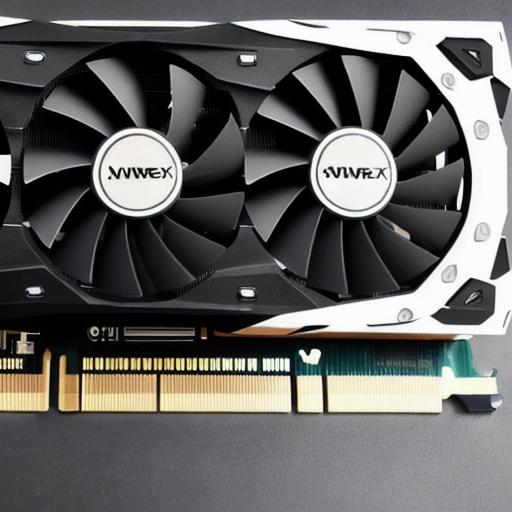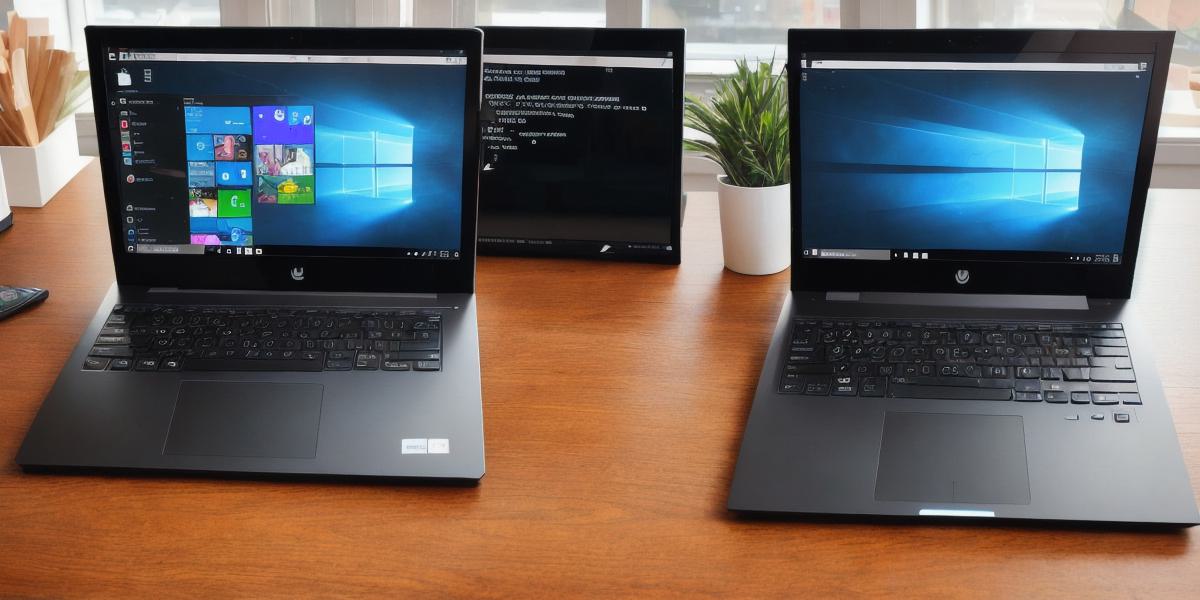Unity is a popular game engine and development platform that has been used by developers of all skill levels to create engaging games, interactive experiences, and virtual reality (VR) applications. With its user-friendly interface and vast library of assets and tools, Unity offers an ideal solution for creating games across various platforms, including mobile, desktop, web, and consoles. In this comprehensive guide, we will explore the recommended specifications for Unity development that will ensure a smooth and efficient experience for both developers and players alike.
Hardware Requirements
Before diving into the technical details of Unity development, it’s crucial to understand the hardware requirements needed to run Unity applications. The following are the recommended hardware specifications:
CPU
Unity requires a minimum of a dual-core CPU with a clock speed of 2 GHz or higher. However, for more complex projects, a quad-core CPU with a clock speed of 3 GHz or higher is recommended.
RAM
Unity requires at least 4 GB of RAM to run smoothly. For larger projects and VR applications, 8 GB or more of RAM is recommended.
GPU
Unity supports various GPUs, including integrated graphics and dedicated graphics cards. Integrated graphics are suitable for low-end projects, while dedicated graphics cards are recommended for high-performance graphics and VR applications. The following are the recommended GPU specifications:
- Nvidia GeForce GTX 650 or higher
- AMD Radeon HD 7870 or higher
Operating System Requirements
In addition to hardware requirements, Unity also requires a compatible operating system. The following are the recommended operating systems:
Windows
Unity supports
Windows
10 Home, Pro, and Enterprise versions. It’s essential to ensure that your
Windows
version is up-to-date to avoid compatibility issues.
macOS
Unity also supports macOS Catalina and earlier versions. However, for the latest features and updates, it’s recommended to use the latest macOS version.
Software Requirements
Aside from hardware and operating system requirements, Unity development also requires specific software tools and plugins. The following are the recommended software requirements:

Visual Studio Code
Visual Studio Code is an open-source code editor that has become a popular choice among developers for its speed, flexibility, and extensive library of extensions. It’s essential to have
Visual Studio Code
installed before starting Unity development.
Git
Git is a version control system that allows developers to track changes to their code and collaborate with others effectively.
Git
integration is crucial for efficient Unity development.
Unity Hub
Unity Hub is a centralized platform that provides easy access to various Unity tools, plugins, and resources. It’s essential to install
Unity Hub
and configure it properly before starting Unity development.
Recommended Plugins and Assets
Unity offers a vast library of plugins and assets that can enhance the functionality and visual appeal of Unity applications. The following are the recommended plugins and assets:
Post-Processing Stack
The
Post-Processing Stack
is a set of plugins that provides advanced post-processing effects for Unity games, including color grading, anti-aliasing, and depth of field.
URP
URP (Unity Rendering Pipeline) is a powerful rendering pipeline that allows developers to create stunning graphics with minimal effort. It’s recommended for projects that require high-performance graphics.
Unity Asset Store
The
Unity Asset Store
offers a wide range of assets, including prefabricated objects, animations, and sound effects, that can be easily integrated into Unity applications.
Case Study: Unity Development for Mobile Games
To illustrate the recommended specifications for Unity development, let’s take a look at a case study of developing a mobile game using Unity.
Game Name: “Escape Room”
Game Description: "Escape Room" is a puzzle-adventure game where players must solve puzzles and riddles to escape from a room within a specified time limit. The game will be available on both iOS and
Android
devices.
Hardware Requirements
:
Based on the game’s complexity and graphics requirements, the recommended hardware specifications are as follows:
CPU
Quad-core CPU with a clock speed of 3 GHz or higher
RAM
8 GB or more of RAM
GPU
Nvidia GeForce GTX 1060 or higher or AMD Radeon RX 480 or higher
Operating System Requirements
:
The game will be compatible with the following operating systems:
iOS
iOS 12 or later versions on Apple devices
Android
Android 9 or later versions on Samsung and other
Android
devices
Software Requirements
:
To develop “Escape Room,” we will require the following software tools and plugins:
Visual Studio Code
Visual Studio Code for coding and debugging
Git
Git integration for version control and collaboration
Unity Hub
Unity Hub for accessing assets, tools, and resources
Plugins and Assets:
To enhance the game’s graphics and functionality, we will use the following plugins and assets:
Post-Processing Stack
Post-Processing Stack for advanced graphics effects
URP
URP rendering pipeline for stunning visuals
Unity Asset Store
Assets from the
Unity Asset Store
for prefabricated objects, animations, and sound effects
Summary
In conclusion, developing a game or interactive experience using Unity requires careful consideration of hardware, operating system, and software requirements. By following the recommended specifications outlined in this guide, developers can ensure a smooth and efficient development process that results in high-quality applications that deliver an engaging and immersive experience for players.
FAQs
1. Can I develop Unity games on my laptop?
Yes, you can develop Unity games on your laptop as long as it meets the recommended hardware specifications. However, it’s essential to ensure that your laptop has a sufficient amount of RAM and a dedicated graphics card for optimal performance.
2. What if I don’t have access to the latest version of
Visual Studio Code
or
Git
?
You can still use older versions of
Visual Studio Code
or
Git
, but you may experience compatibility issues with some Unity plugins and assets. It’s recommended to keep your software up-to-date for optimal performance.
3. Can I develop VR applications using Unity?
Yes, Unity supports the development of VR applications across various platforms. However, it requires a dedicated graphics card and sufficient RAM for high-performance graphics rendering.
